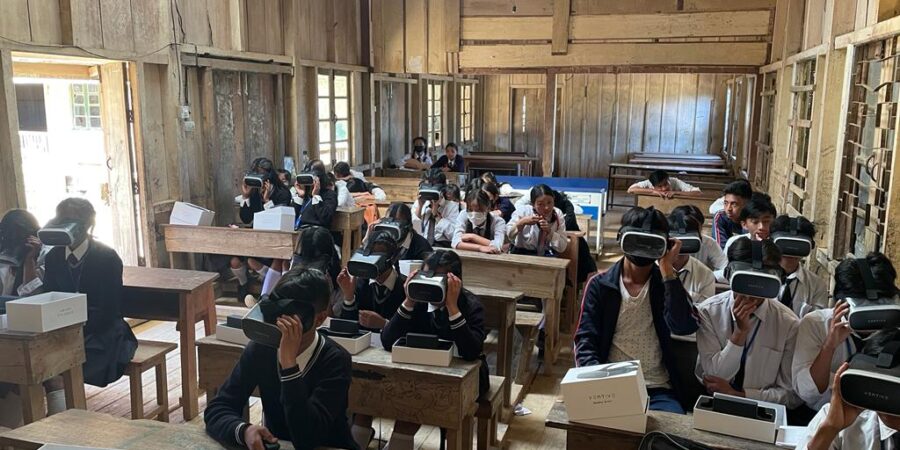The EdTech industry in India is experiencing rapid growth, and its success is hugely reliant on various stakeholders, educators, students, parents, investors, and the government.
The main stakeholders of EdTech in India are the students who are the primary beneficiaries of EdTech as they use digital platforms and tools to access educational content, take online courses, and enhance their skills. Educators and Institutions, including teachers, professors, and trainers, are another crucial stakeholder group in the EdTech industry. Educators are using technology to create and deliver educational content, assess student performance, and provide feedback.
“EdTech companies design and develop educational content, platforms, and learning management systems that are used by students and educators. They are bridging the skill gap which currently exists among current graduates and industry requirements. Employers are also an essential part of the ecosystem as they are looking to employ skilled graduates and working professionals. Moreover, the Indian government has been supporting the growth of the EdTech industry by launching initiatives such as the Digital India campaign and the National Education Policy 2020,” says Gaurv Bhatia, CEO, RISE, an innovative, technology-first ed-tech platform.
The EdTech industry in India is experiencing rapid growth, and its success is hugely reliant on various stakeholders. These stakeholders encompass five primary categories, including educators, students, parents, investors, and the government.
Educators play a crucial role in the development of EdTech as they utilize these tools to enhance the teaching and learning process. By incorporating technology into their teaching methods, educators can make learning more engaging, interactive, and accessible for students. Meanwhile, students, in turn, benefit from these platforms by gaining access to a vast array of educational content, interacting with teachers and classmates, and participating in online classes. Parents also benefit from EdTech platforms as they can monitor their child’s learning progress and communicate with teachers. Additionally, investors provide crucial funding for EdTech startups, enabling them to develop innovative products and services that meet the evolving needs of the education sector. Together, these stakeholders have the potential to transform education in India by improving access to quality education.
The EdTech industry has experienced a significant shift since the post-pandemic boom, with online and remote learning becoming the norm. This has resulted in the introduction of newer technologies, including AI-based teaching, personalized assessment, and career mapping. As a result, EdTech companies are competing to offer the best and most efficient learning experience for students, leading to a crowded and competitive market.
In this landscape, the student has emerged as the ultimate winner, with EdTech companies offering tailor-made solutions that cater to individual needs and preferences. Students are now more informed while selecting what they want to learn and when they want to learn it. As a result, the demand for flexible, on-demand learning solutions has increased, with students seeking customized content and delivery that fits their schedules and specific requirements.
Overall, the EdTech industry has been transformed by the post-pandemic boom, with a greater focus on the student as the key beneficiary. As the industry continues to evolve and develop new ways to deliver education efficiently, it creates a promising future for both students and EdTech companies.
Factoid
“China-Edtech crackdown and increased global traction have resulted in higher capital inflow, thus accelerating India’s potential to touch a market size of $10Bn by 2025. upGrad operates within the career skilling and workforce development segment and is arming freshers and working professionals with outcome-oriented experiential learning that further presents India as the global soft power in the talent ecosystem,” says Mayank Kumar, Co-founder & MD, upGrad.
Tech Checklist
· Audio/video – PodCasts, audiobooks, and e-books.
· IoT to track the progress of learners in real-time.
· Machine Learning to identify a learner’s potential and uptick on the subject.
· Learning Management System is an integrated tool that enables planning, accessing, and implementing the academic curriculum to ensure a seamless learning process.
· AR and VR to make the learning journey immersive and inclusive.
· AI enriches the learning experience by enabling communication prompts for those looking to strengthen their communication skills.
Read the full story that first appeared in Vistara Magazine’s June 2023 issue here:

